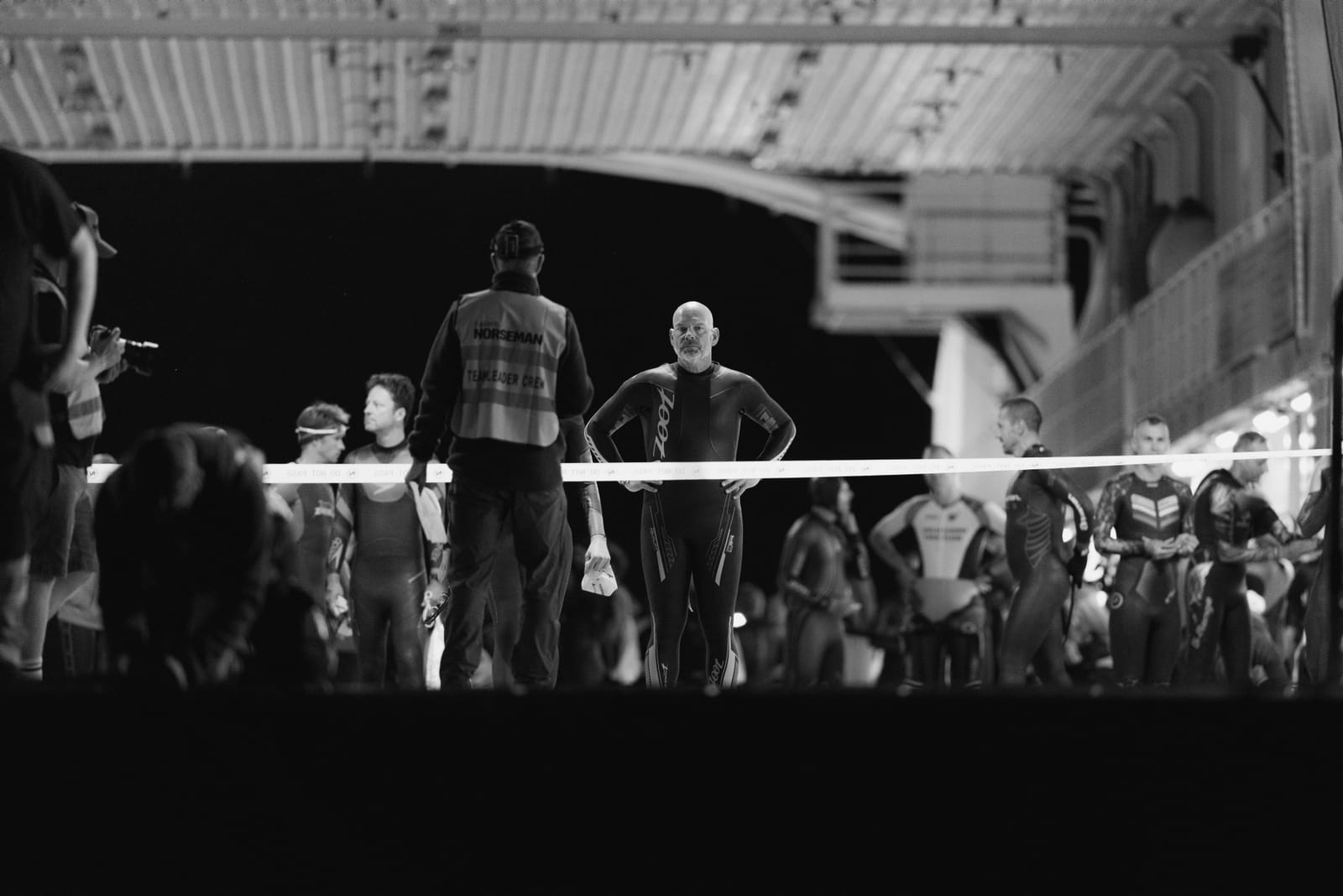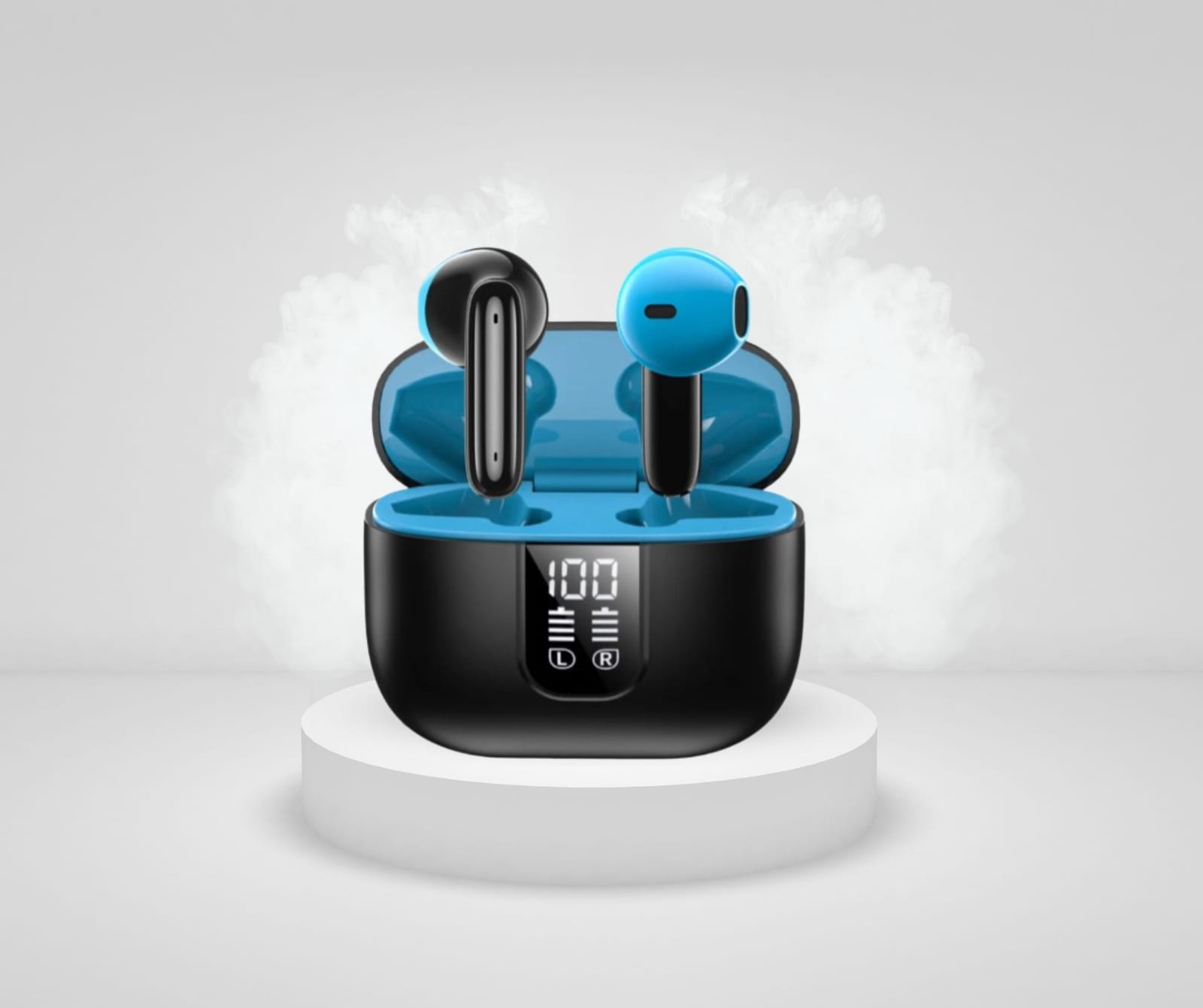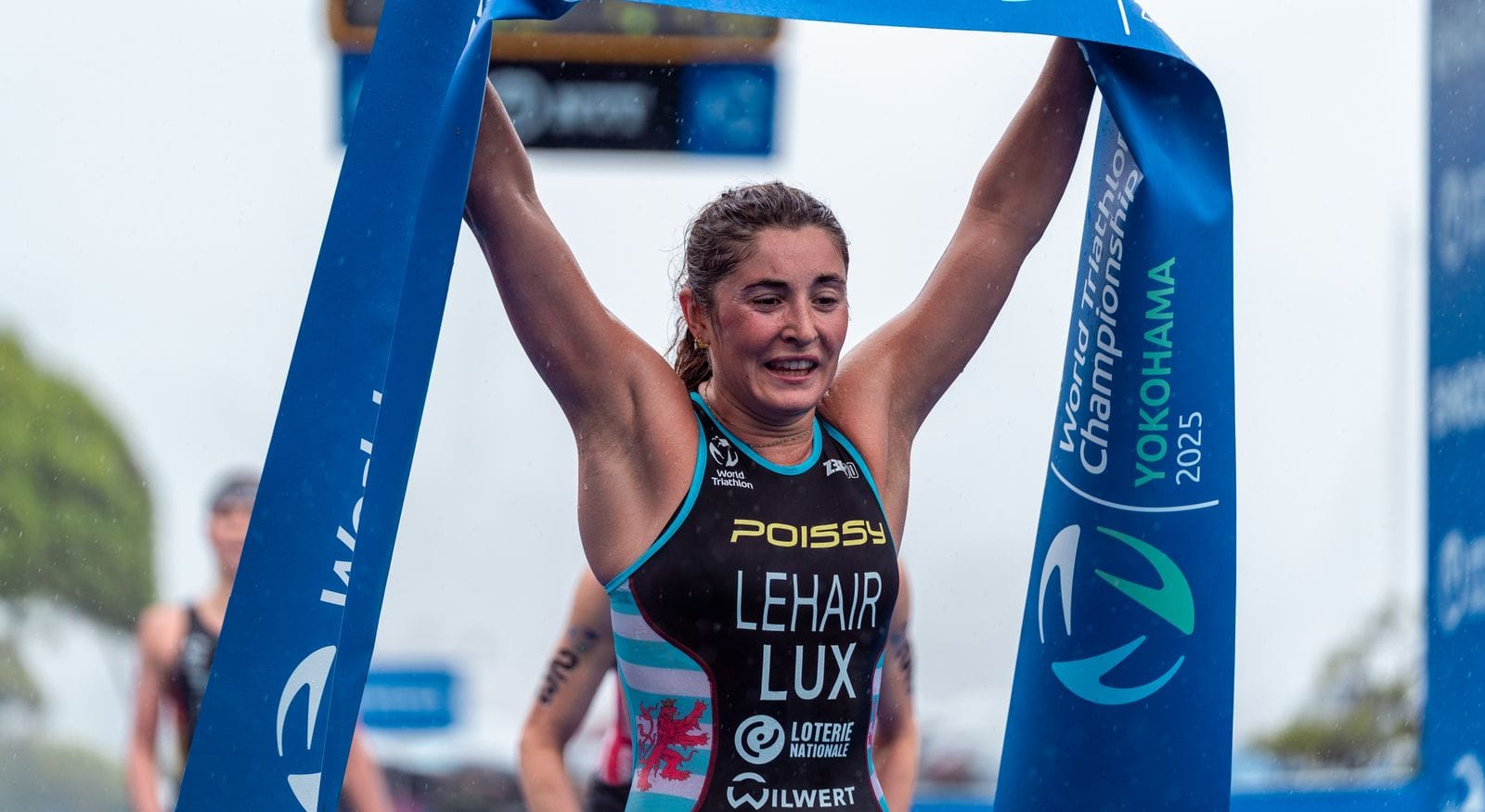We are now getting to the ‘business end’ of the season for many athletes, with Ironman Australia, 70.3 in Port Macquarie and Busselton and Challenge Cairns being only weeks away. Many of us have meticulously planned their whole season’s training around completing and performing at these races. We are currently paying more attention to swimming, riding and running than other areas in our lives (I’m sure partners and kids will agree!) and will arrive at race day fitter than ever. However, at this stage of the training many athletes are ignoring the vital importance of nutrition and how that could either make or break their big day.
The number of times we see athletes who are at absolute peak fitness and don’t realise their full potential come race day due to gut problems or running out of steam’ is huge. This is especially disappointing as this could typically be prevented with careful and flexible planning and what is often termed as ‘Nutritional training’.
Nutritional training is basically conditioning our digestive system for what it will have to handle come race day. One key element of this to realise is that the gut is an extremely trainable organ. We can train it just like we do our muscles, lungs and heart to adapt to the stresses we place on it. During a triathlon, especially an ironman, there is a lot of stress on all of our body’s functional systems, especially our gut. In a race we put all types of drinks, gels and bars into our mouths, with the expectation that we will absorb everything we need out of it. This is done while much of the blood that helps this process is directed away from our gut, to our heart, lungs and muscles. If the gut is not used to this, it is no wonder people suffer cramps, nausea, vomiting or simply running out of juice. Unfortunately these problems are common in an Ironman and could be avoided with good planning and execution of a nutritional strategy.
Considering the fact that we can train our gut to adapt, it is vital that we get it used to the stress of race day. We need to incorporate ‘nutritional training’ into our weekly planning. I believe this is best done in our longer sessions in the lead up to the race so that we can mimic race conditions as much as possible. The goal behind this session is to take on fluid, calorie and electrolytes as close to what you would expect to on race day. This type of session is also vital to teach us about our bodies; what is enough, what is too much, how we perform under certain conditions, what form of calories our bodies prefer etc. It will also teach you a vital element of racing “to be flexible in your nutritional plan. This is a key element of long distance racing, as things will not always go exactly to plan!
The three key elements of nutrition in a race which athletes need to pay attention to
- Calories (mostly carbohydrates)
- Fluids
- Electrolytes
A loss of any of the three has been shown in many studies to cause a gradual decline in performance, until a point where the decline is much more sudden (cramps, dehydration, calorie depletion). In Nutritional Training, particular attention should be paid to all three elements. There is no hard and fast rule with regards to amounts of each, as they are so variable from athlete to athlete and in different conditions and intensities. This is a reason why it is even more important to practice and get to know your body and how it tolerates certain conditions. A rough rule in warm conditions is one drink bidon per hour, but this again needs to be practiced and the athlete needs to be flexible. When it comes to electrolyte intake, many good nutritional products have these included in their drinks, bars and gels. This is something that can be further supplemented, especially in hot or humid conditions when more electrolytes are lost due to higher sweat rates.
Many studies recognise that 250cal per hour, with a maximum of 360 p/hour to be a recommended energy intake during a race. This is therefore something that is vital during nutritional training. The form in which these calories are ingested is again highly personal. I use and recommend Dextro Energy Carbo mineral drink and Dextro Energy Bars, as I find them an excellent product, which agrees with me no matter what the intensity or length of sessions. So while you are putting the last blocks of training together for your big race, pay particular attention to your nutrition and include sessions which are designated to directly train your gut. Develop a nutritional plan as a result of how well things work for you.
Remember however, if you remain flexible during training and racing, you are much more likely to be successful and realise your full potential come race day!





